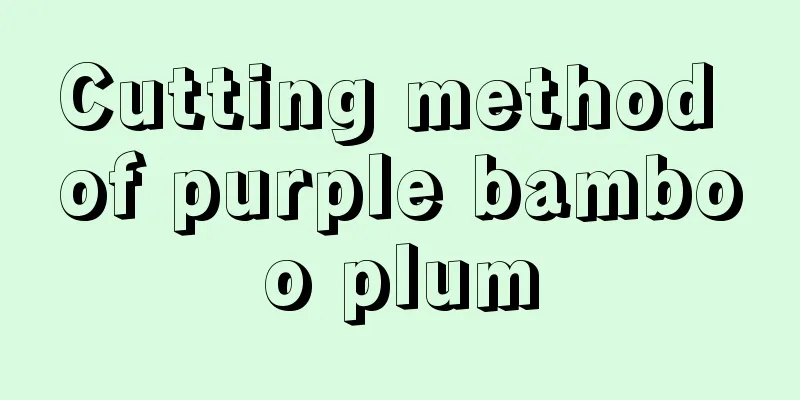When is the best time to transplant chrysanthemums?

|
When transplanting chrysanthemums, pay attention to the soil quality. It is best to use loose, breathable soil containing humus. If conditions do not permit, you can also mix humus, sandy soil and a portion of decomposed cake fertilizer to prepare the transplanting soil. This will make the soil sufficient in nutrients and be more conducive to the later growth of chrysanthemums. Chrysanthemum transplanting timeThe time for transplanting chrysanthemums varies depending on the variety, but basically it is most suitable to transplant them in spring and autumn, especially spring is the best time for transplanting them. The specific time is around mid-April. It is best to choose to transplant them in the evening of a cloudy or sunny day or after rain, because this period is the period when chrysanthemum seedlings grow vigorously. Transplanting at this time can greatly increase the survival rate of chrysanthemums. Chrysanthemum transplanting methodFirst of all, chrysanthemums must be transplanted with soil. Then, before transplanting chrysanthemums, you must choose suitable soil for it. It must have good fertility and good ventilation and drainage. Secondly, when transplanting, you must choose weather that is not too hot, so that the chrysanthemums will not become dehydrated due to high temperature. Avoid direct sunlight. Management of chrysanthemum after transplantingAfter transplanting, chrysanthemums need to rest for a period of time before they can be watered. When watering, you should follow the principle of watering when the soil is dry and watering when it is wet. Also, do not water excessively, otherwise the chrysanthemums will cause root rot due to water accumulation. Then you need to pay attention to the selection of fertilizers. Phosphorus fertilizer can be used as fertilizer for chrysanthemums. When fertilizing, you should also pay attention to timely watering and dilution to keep the transplanting site moist. In addition, the chrysanthemums are weaker after transplanting and are more prone to insect pests than usual, so you need to pay attention to timely prevention and control. |
<<: How to take cuttings of Christmas cactus
>>: The advantages and disadvantages of big pink rose
Recommend
What to do with freesia in summer
Hibernation Dig out the bulbs, wrap them in a thi...
Should Amaryllis be planted in a deep or shallow pot?
1. Use a deep or shallow basin 1. When cultivatin...
The flower language of Imi flower
The flower language of Imi flower The flower lang...
Cultivation methods and precautions of grape hyacinth
Farming methods Grape hyacinths are generally cul...
Repel mosquitoes and absorb formaldehyde...a pot of flowers is equivalent to a treasure chest!
Jasmine Effect: Refresh the mind, eliminate fatig...
How long does it take for Chihuahua leaf cuttings to germinate
How long does it take for Chihuahua leaf cuttings...
How to grow potatoes
1. Maintenance methods 1. Temperature: The range ...
When is the best time to plant watermelon seeds?
Watermelon is known as the "king of summer&q...
How to make a bonsai of Guri Fragrant
Seedling selection Osmanthus fragrans is an ornam...
How to cultivate Isuzu jade in color
Plant characteristics First, understand its prefe...
How to prevent root rot of Euphorbia pilosa
1. Breathable sand The roots of Euphorbia milii a...
How to prune wisteria and when to prune
1. Time and method of wisteria pruning 1. Summer ...
Matters Needing Attention in the Maintenance and Management of Bougainvillea in Autumn (Maintenance Methods of Bougainvillea in Autumn and Winter)
When bougainvillea blooms, the flowers are in clu...
How to water apricot trees in winter
Watering apricot trees in winter Apricot trees ca...
How to change the soil and pot of Kalanchoe
The role and requirements of changing soil and po...









